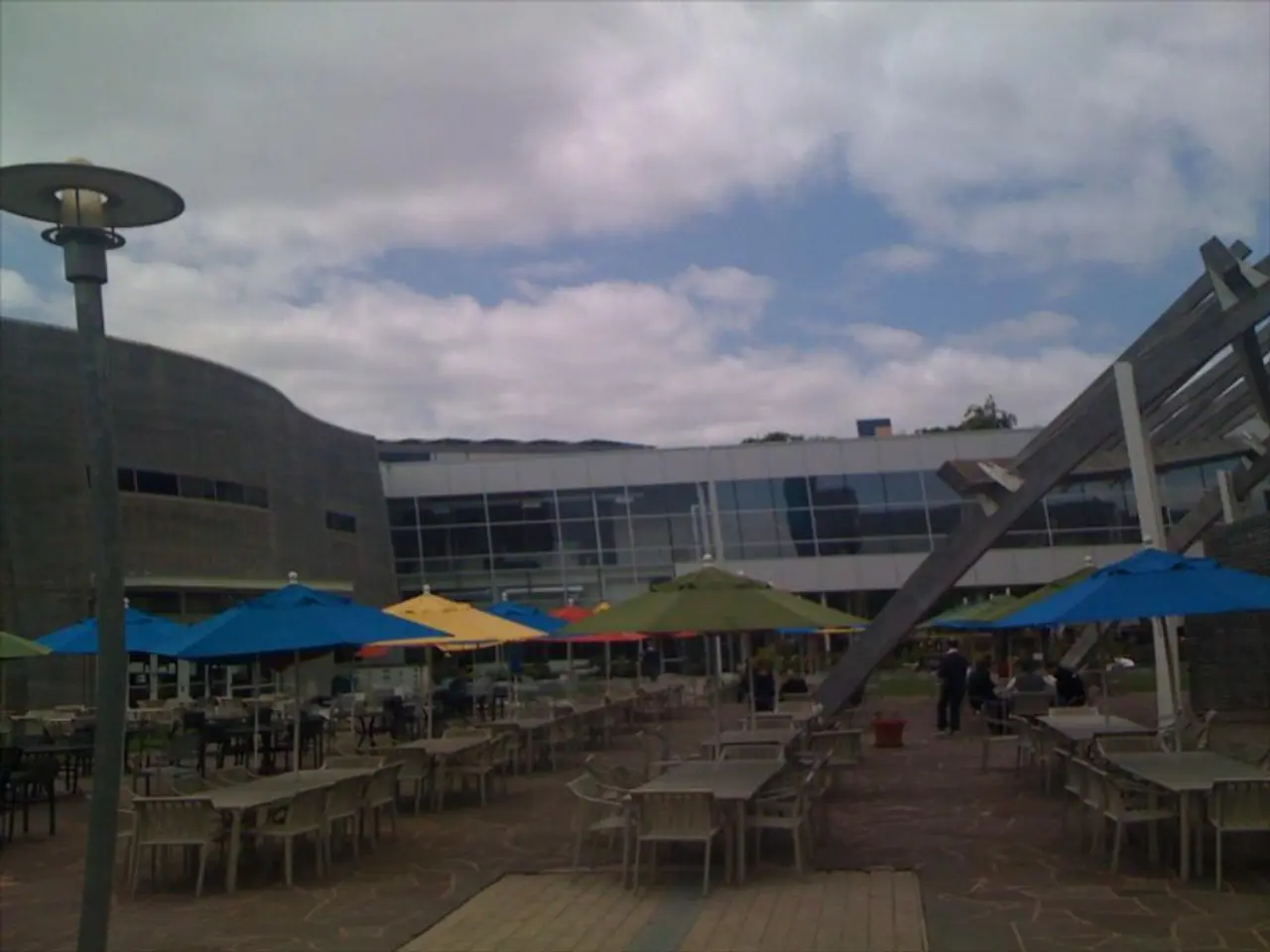Macau's Gambling Sector Sees Revised Projections Amidst Cautious Government Forecasts
Jefferies boosts its predictions for Macau's casino sector
Recent significantly lowered economic forecasts by the Macanese government for June 2025 have sparked attention, contrasting with the more optimistic expectations of international investment banks like Jefferies, CLSA, and JP Morgan regarding the growth of the gambling sector.
While the government adopts a cautious approach to projections to safeguard against external shocks, such as fluctuating demand from China, geopolitical risks, potential new COVID-19 waves, or travel restrictions, which could dampen growth, private analysts remain hopeful, particularly with regard to the gaming industry.
Reasons for the Lowered Projections by the Government
Risk Assessment and Sustainability
The government of Macau follows a conservative approach to forecasting to ensure public confidence, especially in the event of external shocks. The global economy remains fragile, and factors such as volatility in currency exchange rates (CNY/HKD/USD), inflation trends, and wage developments could affect attractiveness for foreign guests and investors. The government aims to avoid disappointment by setting realistic expectations.
Diversification versus Gambling Dependence
Macau remains heavily reliant on the gambling industry (casinos). However, the government pursues a long-term strategy to diversify the economy (financial services, culture, events) to make it less vulnerable. While investment banks focus primarily on short-term casino growth, the government prioritises sustainable developments that do not solely depend on high-rolling foreign players. Growth outside of gambling is harder to predict and less dynamic.
Social and Regulatory Factors
The political and regulatory control by Beijing plays a role. The central government encourages growth but also demands economic stability and social responsibility. Tighter regulation (anti-money laundering, credit monitoring, social requirements) could hinder short-term growth while aiming to stabilise the industry in the long term. The government is cautious in assessing these developments.
Currency and Inflation Risks
The government may also place more importance on volatile currency exchange rates, inflation trends, and wage developments. Rising costs and a weaker Renminbi could diminish the appeal for foreign guests and investors.
Why are the Investment Banks More Optimistic?
Banks like Jefferies, CLSA, and JP Morgan focus more on the gaming sector and its short-term performance. They base their projections on:
- High demand from China and increased interest from international players (e.g., Southeast Asia, the Middle East).
- New infrastructure projects (e.g., bridges, airport expansions) that facilitate access.
- Successful easing of travel restrictions and simplified visa procedures for tourists.
- Innovations in the casino sector (digital platforms, events) that attract new audiences.
Banks often focus on short-term growth potential, while the government prioritises stability, diversification, and risk management.
Conclusion
The Macanese government has lowered its projections due to a more conservative assessment of macroeconomic, social, and regulatory risks and a focus on long-term stability. The government does not want to rely too heavily on the gambling industry and instead places emphasis on diversification. International banks, on the other hand, see significant short-term growth potential in the casino sector and adjust their expectations accordingly. Both perspectives are justified, but they follow different time horizons and objectives.
Recent summer performances of Macau's casino operators have been better than expected, and the improved forecast by Jefferies suggests a positive outlook for the Macanese gambling industry in the second half of 2025. This recovery from a slower start to the year is attributed to factors such as rich entertainment events, better promotions, new luxury properties, and refurbished old properties. The revised forecast indicates an annual growth of between 13% and 15% for Macau's gambling industry in 2025. Notable properties contributing to the positive summer performance include Galaxy Macau's Capella hotel and the refurbished Londoner Macao. Jefferies remains optimistic about the potential growth of the Macanese gambling industry, with August revenue for local casino operators reaching MOP 22.16 billion ($2.76 billion). This revenue largely dispelled analysts' pessimism about Macau's casino industry.
Read also:
- Recognition of Exceptional Patient Care: Top Staff Honored by Medical Center Board
- A continuous command instructing an entity to halts all actions, repeated numerous times.
- California Senator Kamala Harris announces she will not seek the governorship in 2026, instead hinting at future professional ventures.
- Survey on Life Prolongation Methods




